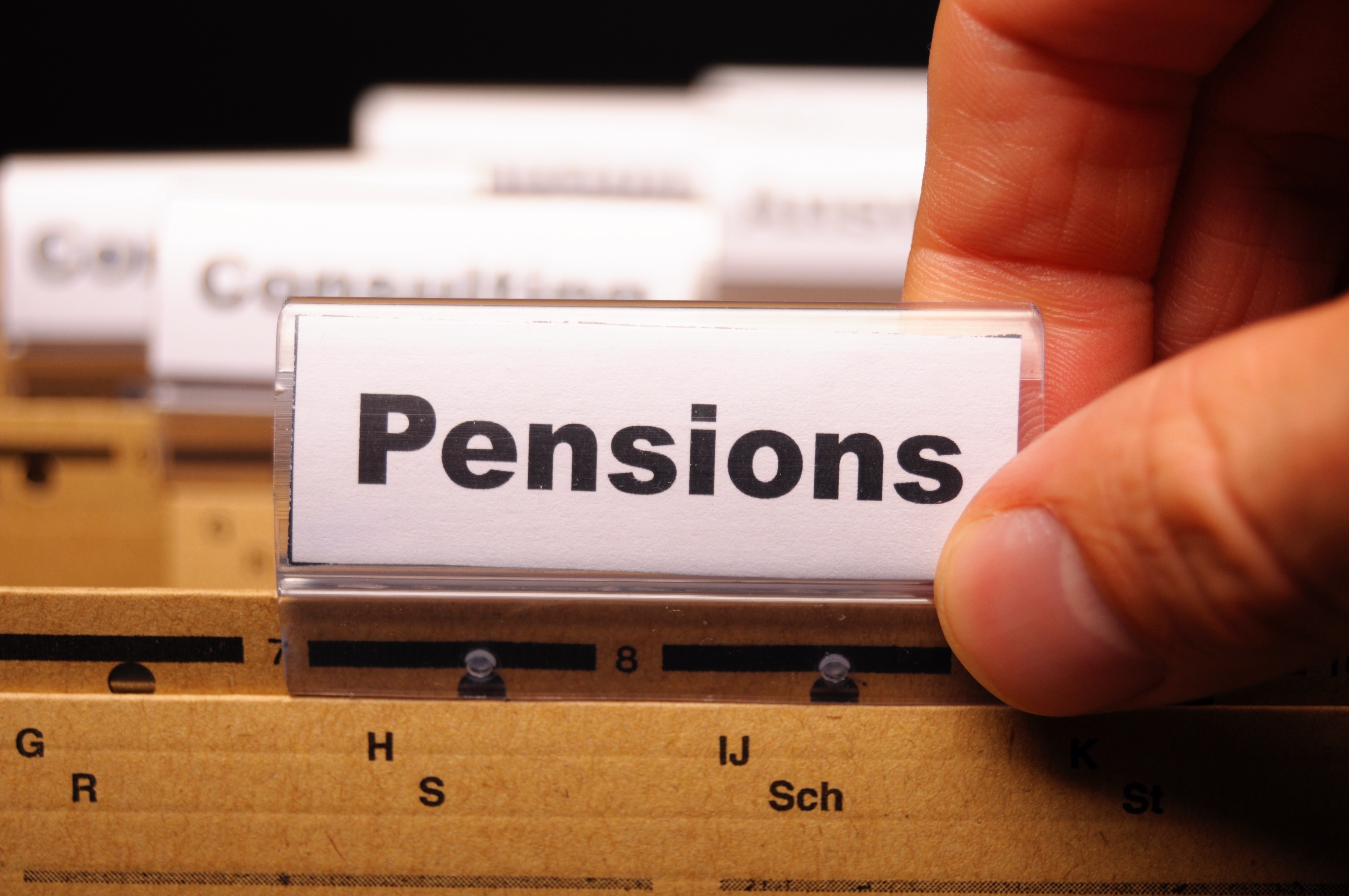Since 1926, the Church of England Pensions Board has been dedicated to looking after the pensions of those who work or serve for the Church. Today, we’re proud to support nearly 44,000 people, from the moment they join one of our pension schemes, through to retirement and beyond.
We have a range of different pension schemes, tailored to different roles within the Church:
- Church of England Funded Pension Scheme (CEFPS) - this is for ordained Clergy.
- Church Workers Pension Fund (CWPF) - designed for those working for the Church, this includes three distinct pension schemes to suit a variety of roles and needs.
- Church Administrators Pension Fund (CAPF) - this supports staff of the National Church Institutions, offering two pension schemes tailored to their service.
We also manage the investments for most of our pensions. Our commitment to responsible investment ensures your money is managed with care, integrity, and a long-term perspective. Learn more about how we invest on your behalf.
Our range of pension schemes
More about the different types of pension you might have, and how they work
Pensions are incredibly important for financial security in later life, so understanding and planning for them early can make a big difference.
A pension is a type of retirement plan that provides people with regular income after they stop working. The idea is to save up during your working years so that you have a steady stream of money to support yourself in retirement. There are different types of pensions, so let’s break it down.
State Pension (Government-backed)
In the UK, this is provided by the Government to eligible individuals who have contributed enough through National Insurance (NI) contributions.
The amount you receive depends on your NI record, and you'll only start receiving it when you reach the state pension age.
You can read more about State Pensions here.
Workplace Pension (Employer-backed)
This is set up by your employer, and both you and your employer contribute to it during your working life. Many employers in the UK are required to automatically enrol employees in a workplace pension under "auto-enrolment".
All our Church schemes come under this category.
Private Pension (Individually managed)
This is a pension you set up on your own. You decide how much to contribute, and it's often invested to grow over time. There are different types of personal pensions.
How pensions work (in a nutshell)
- Contributions: Money is put into your pension by you, your employer (if it's a workplace pension), and sometimes the Government (via tax relief).
- Investment growth: Pensions are usually invested, so your money can grow. For some pensions you can choose how it is invested, but for others this is decided for you.
- Pay-out: When you retire, you can access your pension in various ways—like taking a lump sum, receiving monthly payments, or leaving it invested and withdrawing money when you need it.
Different types of pensions
Defined Contribution
A DC pension, or Defined Contribution pension, is a retirement plan where the amount you receive in the future depends on how much you (and sometimes your employer) have contributed and how well your investments perform. Here's a closer look:
- Contributions: You, and potentially your employer, make regular payments into your pension pot during your working life. You get tax relief on your contributions, boosting the value of the pot.
- Investments: Your contributions are invested in funds, which can include stocks, bonds, property, or other assets. The value of your pension pot will grow or shrink based on how well these investments perform.
- Pay-Out: At retirement, you can use the money in your pot in several ways—taking a lump sum, purchasing an annuity (guaranteed income), or drawing down money periodically.
Why is it called "Defined Contribution"? The "defined" part refers to the fact that your contributions are clearly set (e.g. a percentage of your salary), but the final value of the pension depends on market performance, unlike Defined Benefit (DB) pensions, where the outcome is guaranteed regardless of investment returns.
Defined Benefit
A DB pension, or Defined Benefit pension, is a type of retirement plan where the income you receive during retirement is guaranteed. There are different types of Defined Benefit pension such as Final Salary and Care Average. Instead of depending on how much you've contributed or investment performance (like with Defined Contribution pensions), your pension is based on a set formula. Here's a closer look:
- Guaranteed income: The pension provides a fixed amount, which is predetermined by a formula. It's often calculated using factors such as your salary history, years of service, and a multiplier. DB pensions often provide income for life, sometimes with added benefits like inflation adjustments or payments to a spouse after death.
- Contributions: Employers typically make larger contributions, though employees may also contribute.
- Investment: The responsibility of managing investments and ensuring there's enough money to pay retirees falls on the employer or pension scheme provider—not individuals.
Why is it called “Defined Benefit”? It's called a "Defined Benefit" pension because the retirement benefit you receive is clearly defined and guaranteed from the start. The amount you'll get is calculated using a set formula.










